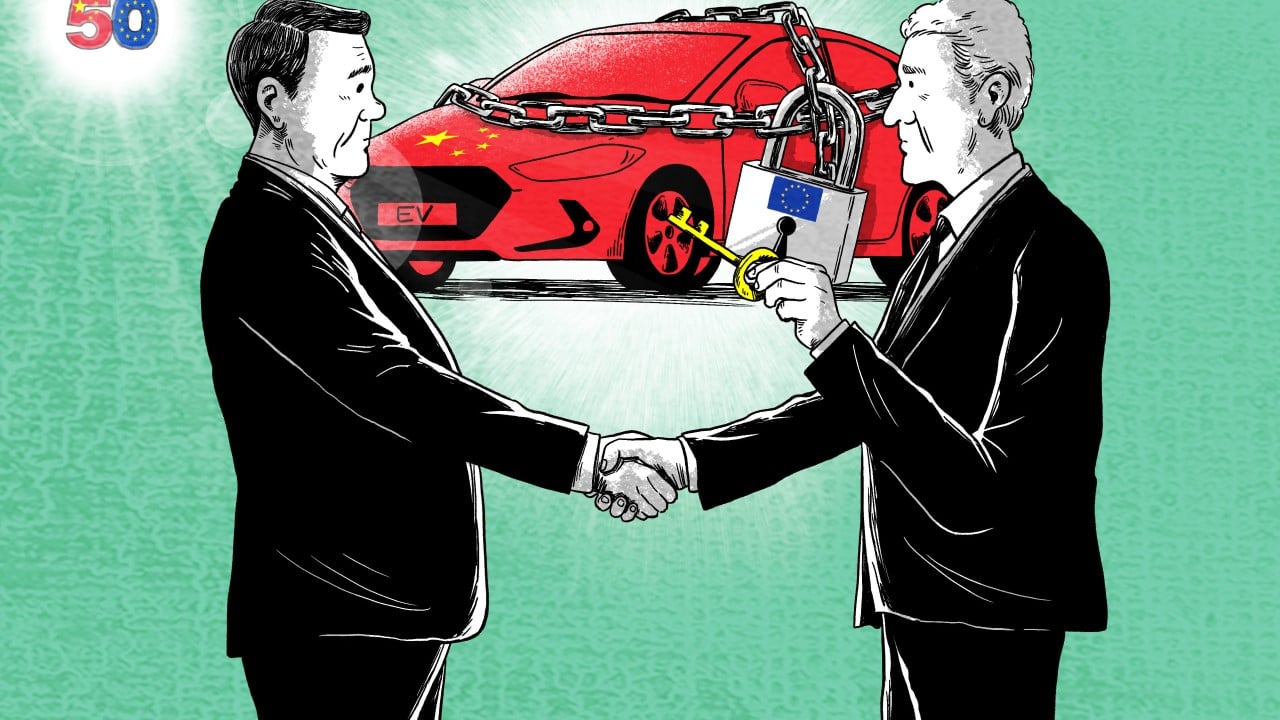
When Volkswagen engineers arrived at the facilities of Chinese carmaker First Automobile Works’ (FAW) in the early 1990s, they saw a factory stuck in the past.
As its name suggests, FAW was China’s first automobile manufacturer, founded in 1953. With factories built under the guidance of engineers from the Soviet Union and its first model adopted from Moscow-based Zil, the firm spent its early life as a crown jewel of China’s state industries and a symbol of collaboration between the world’s largest socialist countries.
But decades after the planned economy era ended, the German engineers visiting FAW felt little had changed.
“It was really a process of learning and getting up things and understanding,” said Beatrix Keim, director of Centre Automotive Research, a German automotive think tank.
She first joined FAW-Volkswagen in 1998, spending more than a decade in China with various European carmakers before returning to Germany.


